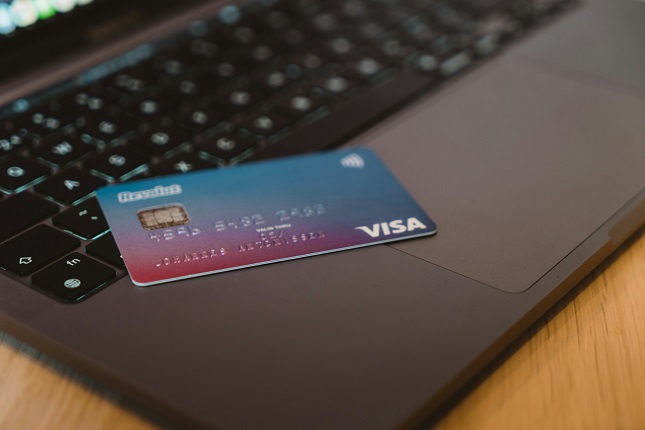Credit card fraud is often described in numbers—how much money was stolen, how long it takes to resolve, or how many people are affected each year. But behind the statistics are real people dealing with shock, stress, and sometimes lasting anxiety. It’s more than just a financial issue; it’s a deeply personal violation. When someone gains access to your financial identity, it can leave you feeling vulnerable in ways that ripple into other parts of your life. For some, the stress can even push them toward quick financial fixes like a title loan in Memphis to bridge the gap, adding another layer of pressure. The real cost of credit card fraud isn’t just money—it’s the emotional toll that lingers long after the unauthorized charges are erased.
The Shock of Discovery
The first time you notice fraudulent activity on your account, the reaction is usually disbelief. Maybe you see a charge in a city you’ve never visited or an expensive purchase you never made. That initial shock often comes with a rush of questions: How did this happen? Who has my information? What else might they know about me? The surprise and confusion create a wave of stress that’s hard to shake, especially because fraud feels so sudden and invasive.
Feelings of Violation
Money isn’t just currency—it represents security, independence, and trust. When fraud occurs, it feels like someone has crossed a boundary into your private life. Victims often describe a sense of violation similar to having their home broken into. Even though fraud is less visible than a burglary, the emotional aftermath can be just as intense. You may start questioning whether your personal details are truly safe and whether you can trust the systems you rely on every day.
Anxiety and Hypervigilance
After fraud, many people become hyper alert about every detail of their financial lives. A perfectly normal charge can spark panic. Checking bank accounts multiple times a day, worrying about new purchases, and second guessing online transactions are all common reactions. This kind of constant vigilance takes a toll on mental health. Instead of feeling confident in managing money, victims may feel anxious and overwhelmed, which can spill into other areas of life, like relationships or work.
Loss of Control
One of the hardest parts of credit card fraud is the feeling of losing control. Even though the financial institution may eventually cover the fraudulent charges, victims often feel powerless during the process. The waiting period for investigations, the calls to customer service, and the uncertainty of how long it will take to resolve can feel crushing. That loss of control can stick around, making people hesitant to use their cards or even trust digital financial tools again.
Impact on Relationships
Fraud doesn’t just affect the individual—it can strain relationships too. The stress of dealing with unauthorized charges can lead to arguments with partners or family members, especially if joint accounts are involved. The blame game sometimes creeps in: Who shared the information? Who wasn’t careful? Even when no one is at fault, the tension of financial instability can create friction at home. Rebuilding trust in both finances and relationships takes time.
The Lingering Fear
Even after fraud is resolved, the fear often lingers. Victims may worry it will happen again, leading to ongoing stress every time they swipe their card or make an online purchase. This persistent anxiety can feel exhausting, like waiting for the other shoe to drop. In some cases, the emotional fallout can last longer than the financial impact itself, showing just how deeply fraud can affect people beyond their wallets.
Steps Toward Healing
Addressing the emotional side of credit card fraud is just as important as handling the financial cleanup. Talking openly with trusted friends or family can help ease feelings of isolation. Some people find comfort in support groups where others share similar experiences. Building protective habits, like setting up alerts for charges or using secure payment tools, can also help restore a sense of control. The goal isn’t just to recover money—it’s to rebuild confidence in your ability to manage your financial life.
Why Awareness Matters
Understanding that credit card fraud carries emotional weight is key to supporting victims. Too often, people dismiss it as a minor inconvenience because the money is “eventually refunded.” But the stress, fear, and disruption it causes are very real. Recognizing the emotional toll creates space for compassion, both from institutions that handle fraud cases and from the people closest to those affected.
Final Thoughts: More Than Just Dollars and Cents
Credit card fraud is more than a line item on a bank statement—it’s an experience that shakes your sense of safety and control. While the financial losses may be temporary, the emotional effects can linger for months or even years. By acknowledging the psychological side of fraud, taking steps to protect yourself, and seeking support when needed, you can move from a place of fear to one of resilience. The real victory isn’t just getting your money back—it’s regaining your peace of mind.








































